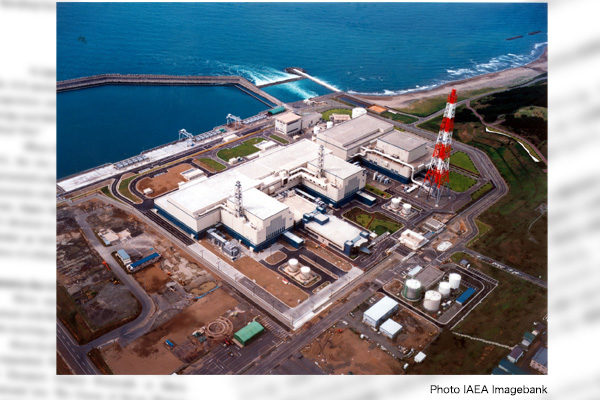Japan’s electricity supply-demand balance will tighten towards the coming winter. Earlier this month, Prime Minister Fumio Kishida issued an instruction for restarting up to nine nuclear reactors by the coming winter. But the instruction is hardly new because the nine reactors include those that power companies have already decided to restart on the completion of facilities to counter terror attacks using aircraft. Furthermore, the instruction only covers nuclear reactors located in western part of Japan, excluding those in eastern Japan where the tightening of the electricity supply-demand balance is expected to be more serious.
It is important for Kishida to instruct the Nuclear Regulation Authority (NRA) to speed up the safety screening of nuclear reactors to restart some 20 reactors in eastern Japan. Stable supply of affordable electricity is indispensable for a new growth strategy that Kishida pursues.
NRA responsible for electricity shortages
When the NRA was created in September 2012, then Prime Minister Naoto Kan, who has favored a nuclear phase out policy, reportedly said, “As many as 10 or 20 reactors will never restart smoothly because the NRA is discussing active faults.” Now 10 years later, the screening of nuclear reactors for their restart has been delayed to the extent in which the tightening of the electricity supply-demand balance becomes a serious matter of concern. The screening has failed to make smooth progress as processes to decide whether earthquakes and active faults are probable are left vague.
After the 1979 Three Mile Island nuclear power plant accident, the United States adopted the Systematic Assessment of Licensee Performance, or SALP, to toughen nuclear regulations. But this system to impose excessively heavy fines even for minor accidents discouraged nuclear plant operators and ended up as failure. Reflecting on the failure, the U.S. introduced the Reactor Oversight Process, or ROP. The new process, in which the Nuclear Regulatory Commission encouraged nuclear plant operators to check up their own plants, evolved into a vigilant system for plant operators to predict and forestall accidents.
Units 6 and 7 of the Tokyo Electric Power Company’s Kashiwazaki-Kariwa nuclear power station passed the safety screening against new regulatory standards, but the NRA suspended their screening for construction approval for the reason that the company left malfunctions of detectors for terrorist intrusion untouched. While the NRA should instruct the company to check up the detectors and certify the checking under the ROP, the NRA passed its responsibility on to the company. In September 2021, then Economy, Trade and Industry Minister Hiroshi Kajiyama called and scolded the president of the company. But this cannot essentially resolve the problem.
U.S. safety measures give priority to reducing accident risks with less cost. The installation of a facility to counter terrorism using aircraft that costs more than 100 billion yen should be given a lowest priority. The installation of simple barriers against aircraft around a plant would be far more economical and effective for deterring terrorist attacks.
Reconsider high priority for renewable energy
While deregulation to allow various companies to enter the electricity retail market has seemed to have made progress, many newcomers have failed or withdrawn from the market due to price spikes for natural gas that accounts for one-third of power generation.
To stabilize electricity supply, Japan should reconsider the current policy of giving high priority to renewable energy and make the maximum use of safety-enhanced nuclear power plants. Only if Japan can afford to secure stable electricity and energy supply, it may be in an advantageous position to maintain interests in the Sakhalin 2 oil and gas development project in the Russian Far East. This is the same case with Germany. Unless Germany breaks away from its nuclear phase out policy, it may remain under pressure from Russian natural gas supply cuts.
Tadashi Narabayashi is a specially appointed professor at the Tokyo Institute of Technology and a director at the Japan Institute for National Fundamentals.


